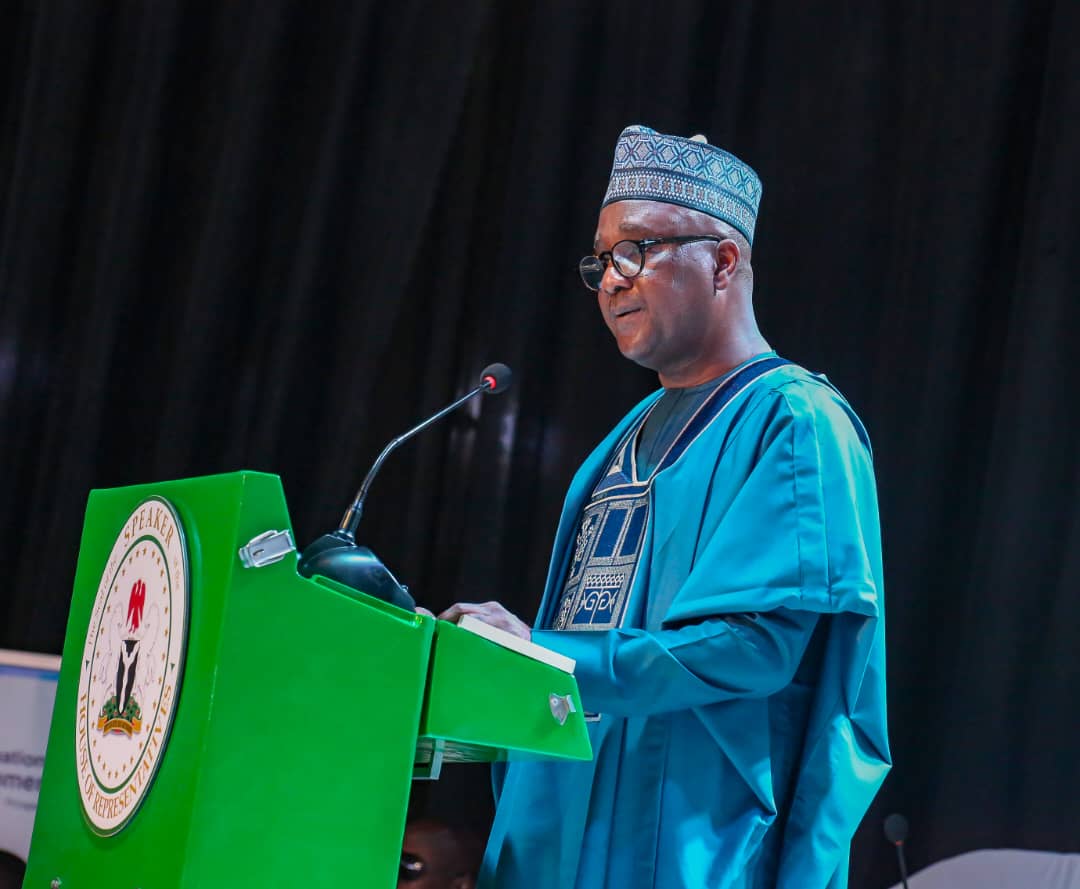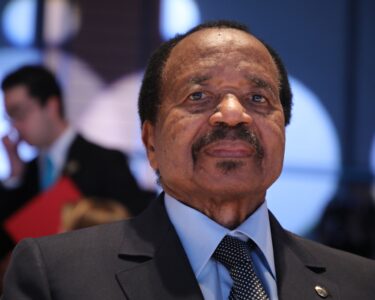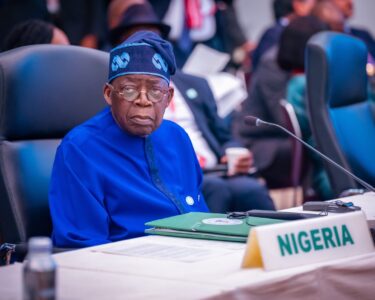Bill to Make Voting Mandatory in Nigeria
House Debates Bill to Make Voting Mandatory in Nigeria
Summary
- Bill proposes mandatory voting for all Nigerians of voting age
- Non-compliance could attract fines or jail time
- Opposition cites voter apathy, security concerns, and electoral flaws
Abuja, Nigeria — The House of Representatives was divided on Thursday over a proposed amendment to the Electoral Act 2022, which seeks to make voting compulsory for all eligible Nigerians in national and state elections.
The bill, which passed its second reading during plenary presided over by Speaker Tajudeen Abbas, was jointly sponsored by Abbas and Plateau lawmaker Daniel Asama.
If enacted, the law would impose penalties, ranging from a N100,000 fine to six months’ imprisonment, on eligible voters who fail to cast their ballots without a valid excuse.
Justified exemptions under the bill include illness, religious objections, and residency abroad. It also mandates the Independent National Electoral Commission (INEC) to develop a system for tracking voter compliance and handling exemption requests.
Asama, leading the debate, emphasized the role of citizen participation in democracy. “Voting is not only a right but a civic responsibility, and in many democracies across the world, it is treated as such,” he said.
“This bill proposes to introduce mandatory voting for all Nigerians of voting age in general elections… while also allowing for limited and justified exemptions where necessary.”
He raised concerns about INEC’s dual mandate, stating that its current responsibilities create operational inefficiencies and perception of bias.
“This dual role has increasingly proven to be a source of institutional overload, operational inefficiency, and in some instances, perceived partiality,” Asama added.
Citing low voter turnout as a pressing concern, he noted that “Nigeria has consistently recorded alarmingly low voter turnout rates… In the 2023 general elections, less than 30% of registered voters participated.”
He argued that mandatory voting could reverse this trend by fostering civic responsibility and reducing vote-buying. “By making voting a legal obligation, it will instil in citizens a sense of civic duty and shared responsibility in the governance process,” he said.
The bill has drawn criticism, especially from members of the opposition Peoples Democratic Party (PDP). Mark Esset, representing Uyo/Uruan Federal Constituency in Akwa Ibom, questioned the logic of compulsory voting in a system many Nigerians distrust.
“We are trying to put something on nothing. When citizens have lost confidence in voting, there is a lot of work to be done,” Mark said. “If we make a law to make voting compulsory, we should make another law to make the votes count.”
Another PDP lawmaker, Awaji-Inombek Abiante from Rivers State, expressed skepticism over the bill’s feasibility, raising questions about voter security and the integrity of Nigeria’s voter register.
“What are the incentives to make them go out and vote? Have they been assured of their security?” he asked. “We are talking of a country where the name Mike Tyson is still on the voter register. Do we have an authentic voter register?”
Abiante also questioned how Nigerians living abroad would be accommodated under the law. “If you make voting compulsory, there are Nigerians in Ghana, the United States and everywhere. How do you bring them back to vote?” he added.
The bill has been referred to the House Committee on Electoral Matters for further legislative work.
Meanwhile, public resistance looms, as the National Association of Nigerian Students (NANS) had earlier threatened mass protests against the proposed legislation when it was first introduced in April.







